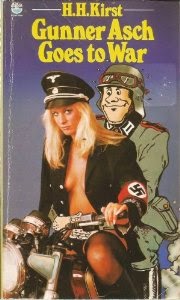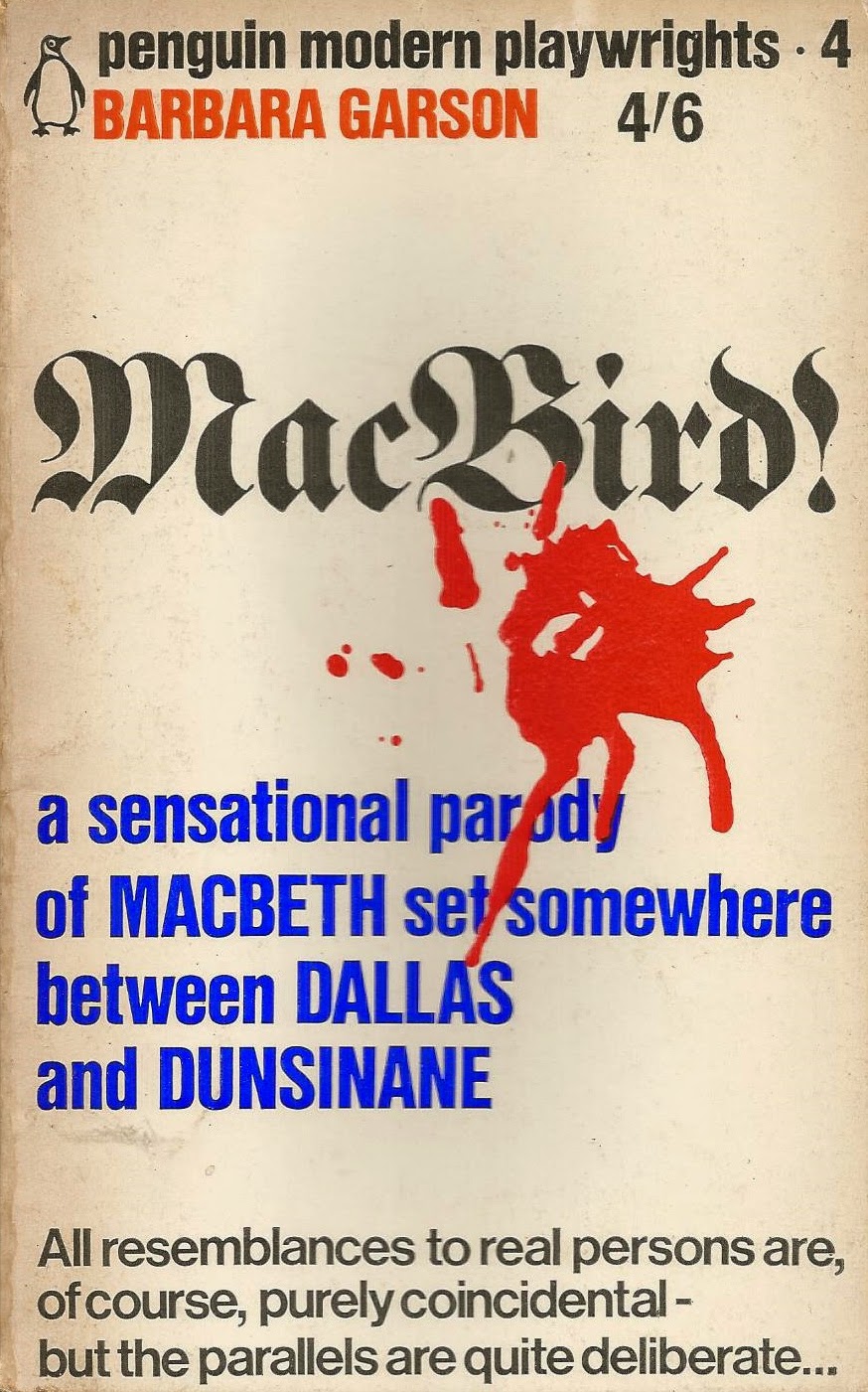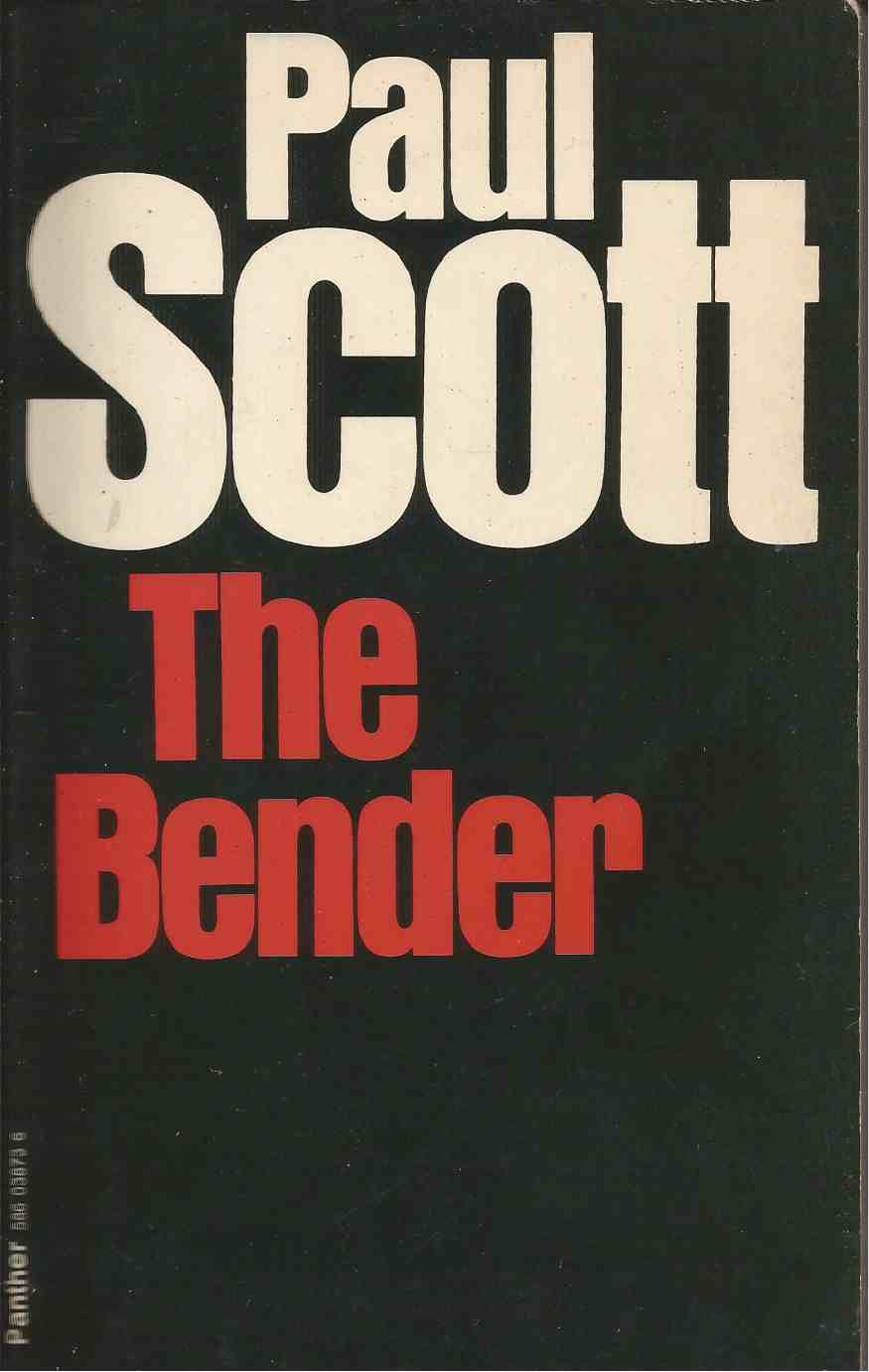Author: James Maw
Year of publication: 1986, Grafton edition 1988
Back cover blurb: '"Hard Luck by James Maw is the extremely funny and touching, sentimental history of two boys growing up on a new town council estate called Prospect in post-war Britain; class, poverty, domestic violence, well-meaning idiocy and welfare bureaucracy are accurately flayed through the experiences of the endearing and astonishingly well sustained voice of one of their child victims... Dickensian satire and genuine affection... pure pleasure... take it on holiday and be grateful for mercies given"
NEW STATESMAN
For Tom and Richard, the Prospect estate is a territory to be explored and taken over. For their parents - doting Ellen and not-so-doting Frank - the estate is a brave new world (even if the underground pipes and valves don't work as smoothly as anticipated). Yes, times are changing; there's cuddly blue Winceyette instead of linen, and brightly coloured modern things instead of old fashioned junk. There's television, with fascinating programmes like "Criss Cross Quiz" and the "Dickie Henderson Show" (and Kennedy's assassination). But while nearly everyone is supposed to be having it good like never before, life for Tom and Richard isn't so easy. Their parents divorce and the twins go into the Crab Apple Home when Ellen ends up in hospital. Then there's the 11-plus...
Hard Luck is a brilliantly evocative novel - as colourful and unique as Oliver Twist and Huckleberry Finn.
'The kind of detail that evokes an era'
LITERARY REVIEW'
Status: Abandoned p. 102
Reading reveals: Here in my final entry before I hand over this blog to the masses, I am looking at a book from the inner borders of lostness. Hard Luck was well-reviewed when it came out in 1986, as attested above, and even won an award and shit, so why has it already slipped away from the collective book-reading memory?
On one level, it seems an injustice. The book is funny and well-observed. Detailing the experiences of growing up in a New Town in the late '50s, early '60s, it consists of a series of working class set-pieces, in which Christmas trees are stolen and pubs are waited outside of and that sort of thing, And yet, I stopped reading. I suppose the lack of a strong narrative thread wore me down. There are only so many tales of poverty line-level cheekiness you can absorb before you want something more.
Also, there's an assuredness to the book's belief in its own loveability that jars now. It's all a bit too cosy, even when detailing child neglect and domestic violence. That and the fact it makes so little use of its main characters being twins they may as well have just be one character most of the time.
For all that, the fact that someone in their late-twenties would write a book so nostalgic for the era of their own childhood, presenting it as a distant world gone forever, is quite fascinating, You couldn't imagine someone wanting to do quite the same thing now. (Although I sort of did in my second novel Flying Saucer Rock & Roll, but moving swiftly on...) It seems to be the thing to do here because of the series of fractures between the early '60s and the mid '80s (the Sexual Revolution, punk, Thatcherism) that made the recent past feel a very long time ago back then. I remember being dazzled by old episodes of Randall and Hopkirk (Deceased), and they were only fifteen years old back then. Late '90s A Touch of Frost doesn't have quite the same disconnect.
So, Hard Luck, possibly over-praised at the time, but still worth a look.
Random paragraph: 'But after a few weeks Frank tired of the scotch eggs. "Oh no, not another blinkin' scotch egg," he'd yell as he sat down at the table.'
Purchase

























